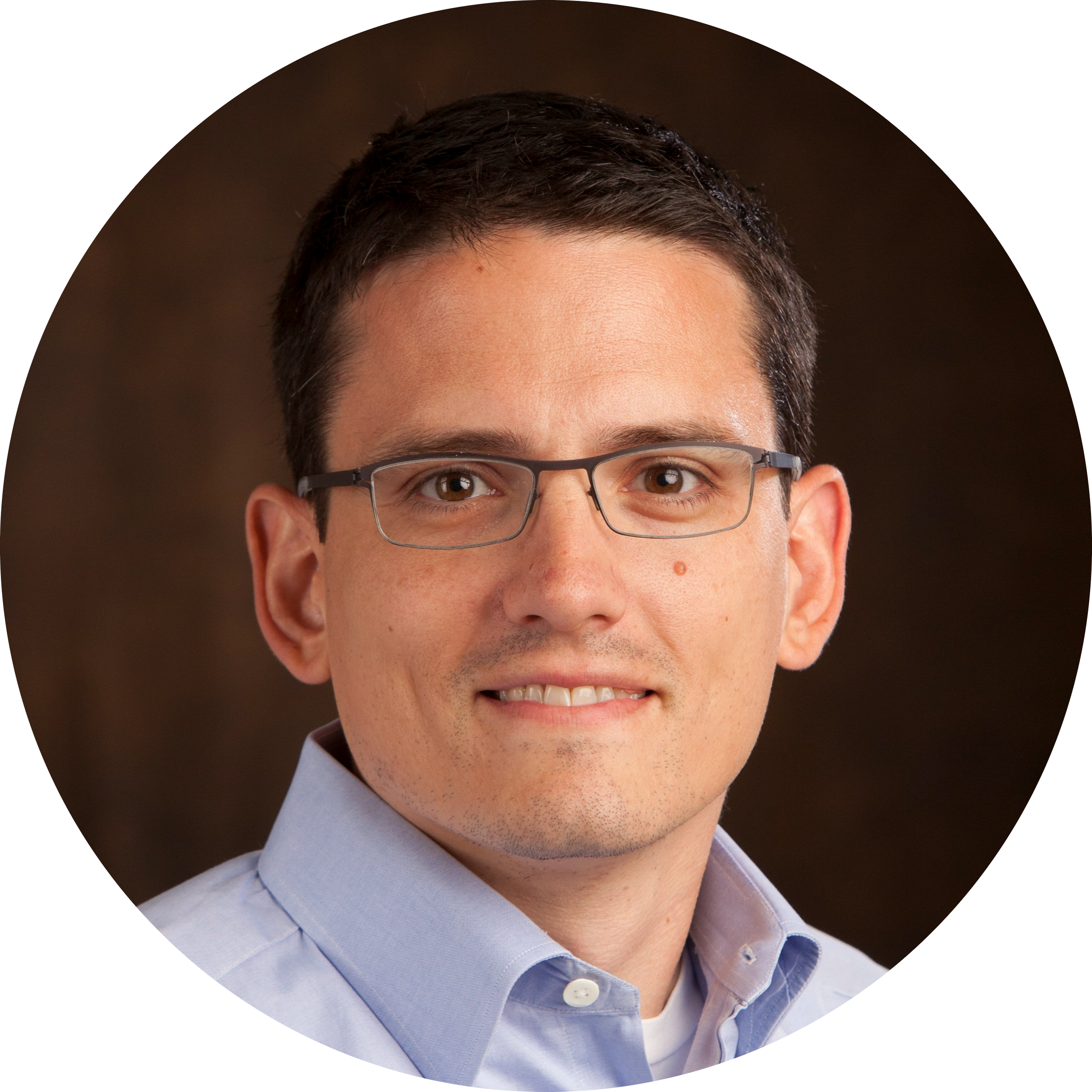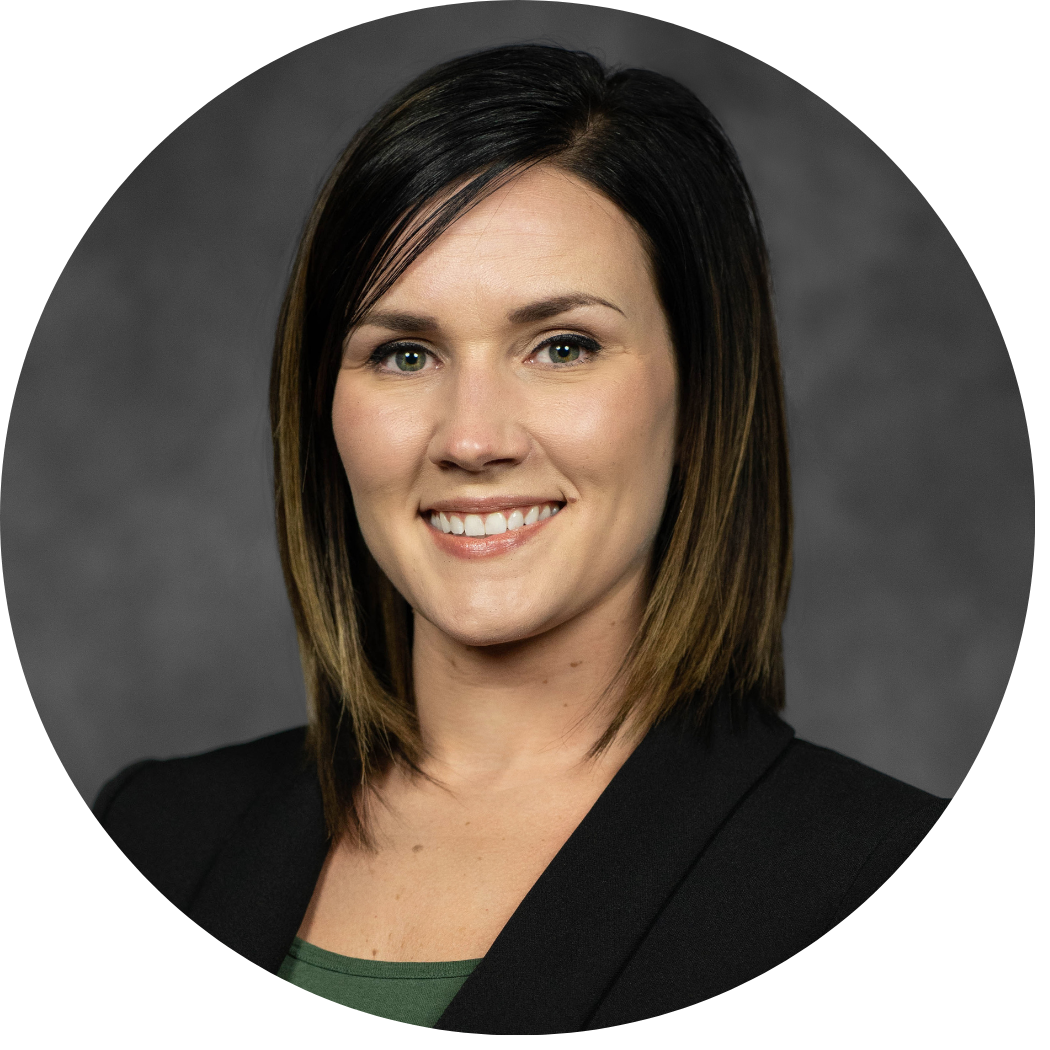
WELCOME FROM THE PEDIATRIC EPILEPSY FELLOWSHIP PROGRAM LEADERSHIP
Dear Pediatric Epilepsy Fellow Candidate,
Thank you for your interest in the Pediatric Epilepsy Fellowship program at the University of Utah and Primary Children's Hospital.
The Pediatric Epilepsy Fellowship is an ACGME-accredited, one-year program that allows fellows to pursue dedicated, pediatric-focused training. Fellows spend time developing skills related to diagnosis and management of epilepsy and related disorders in both the inpatient and outpatient environment. Significant focus is placed on training in EEG, pre-surgical evaluation of epilepsy, peripheral and central neurostimulatory devices, dietary management, exposure to imaging modalities, and neuropsychological testing. We accept 1 fellow annually for a one-year experience.
The Pediatric Epilepsy Program at the Brain and Spine Center at Primary Children’s Hospital/University of Utah is committed to providing outstanding clinical care, advancing epilepsy research and training future leaders in the field. Faculty in our program create an atmosphere of warmth, collegiality, and intellectual curiosity that allows faculty, staff, students, and fellows to maximize their potential.
Primary Children's Hospital (PCH) is the main site for clinical training and has a busy inpatient epilepsy service, with a 4 bed EMU, 100-120 presurgical evaluations per year, and over 30 intracranial EEGs annually on average. PCH is a 289-bed pediatric hospital that serves both as the community hospital for Salt Lake City and northern Utah and as a referral center for southern Utah, Idaho, Wyoming, Nevada, and Montana. With no other Children’s Hospital within a 500-mile radius, our service provides a broad exposure to all aspects of epilepsy, from initial evaluation to advanced surgical and medical management. Fellows in our program develop the skills and experience to be leaders in the field of pediatric epilepsy, while working in any professional setting.
Our fellows have extensive educational and didactic opportunities, including:
-
Weekly lectures in Epilepsy and Clinical Neurophysiology
-
Weekly Epilepsy Management Conferences
-
Weekly EEG review sessions with attendings, trainees, and EEG technologists
-
Monthly Epilepsy journal club
-
Weekly Pediatric Neurology Grand Rounds
-
Multiple Quality Improvement Projects
-
Weekly Neuromodulatory (RNS) review and teaching conference
Our group is active in varied research projects, ranging from utilization and access to epilepsy care, neuromodulation, genetic and infantile epilepsy, and advanced pharmaceuticals, including targeted gene therapeutics. Fellows are encouraged and expected to engage in research, with the goal of presenting findings at a national meeting.
As the only accredited NAEC Level IV pediatric epilepsy program in the Intermountain Region, we serve a broad and varied patient population. Clinical training will include:
-
2 Adult EEG Block Rotations
-
Long term video-EEG monitoring (scalp and intracranial-EEG) during EMU service
-
Epilepsy surgery planning using standard and minimally invasive techniques
-
Peripheral & Central Neuromodulation, including dedicated VNS/RNS clinic and ECog review conference
-
ICU EEG, including ~50 bed PICU/CICU, and ~100 bed NICU between UU/PCH facilities
-
Outpatient EEG (volumes ranging 50-75 routines per week)
-
Ambulatory EEG
-
Transcranial Magnetic Stimulation
-
WADA
Fellowship requirements include candidates must be BC/BE child neurologists and who have completed their ACGME-accredited child neurology residency training by the fellowship start date. Candidates must hold US citizenship, be a permanent resident, or hold a J-1 clinical visa.
Salt Lake City is renowned as one of the most beautiful places work and live. It is consistently ranked as one of the “best places to live” in the United States by U.S News and World Report. It is a varied and unique community nationally known for its world-famous outdoor activities, restaurants, sports, fine arts and more. The city has family incomes that are above the national average, unemployment below the national average, and a large and growing metropolitan population with children-friendly neighborhoods. Most staff, trainees and faculty live within 15 minutes of PCH.
There are 6 ski resorts within 30 minutes of driving from Salt Lake City, mountain biking and hiking trails that leave from the hospital, and the state has 5 beautiful U.S. national parks. Work-life balance is a cornerstone of living in Salt Lake City and is a focus for those working within the Pediatric Epilepsy Program!
We hope you consider the University of Utah Pediatric Epilepsy Fellowship. Please feel free to contact with questions, or if you would like to find out more about our program!
Matthew Sweney, MD
Director, Pediatric Epilepsy Fellowship
University of Utah, Primary Children’s Hospital.


